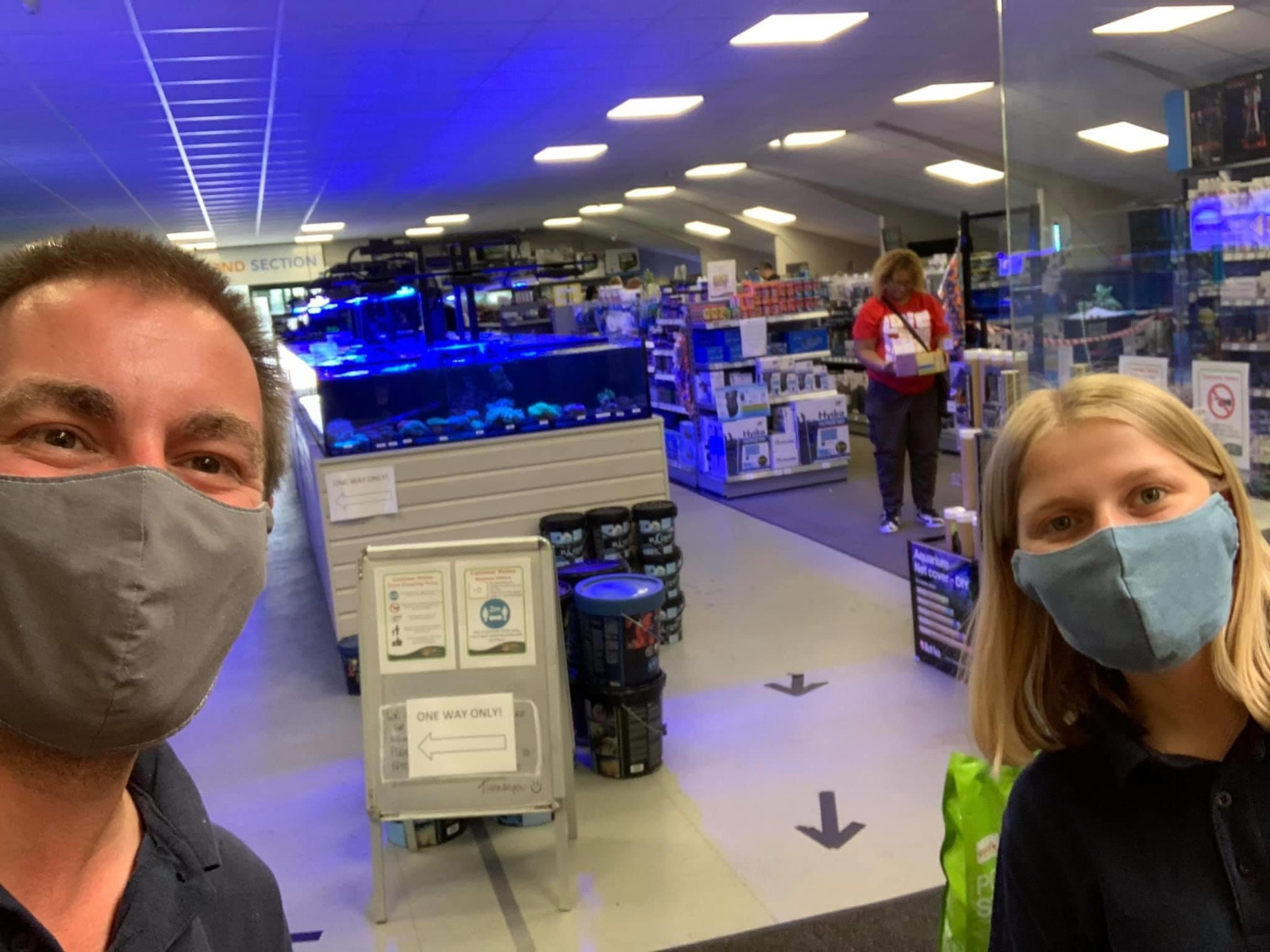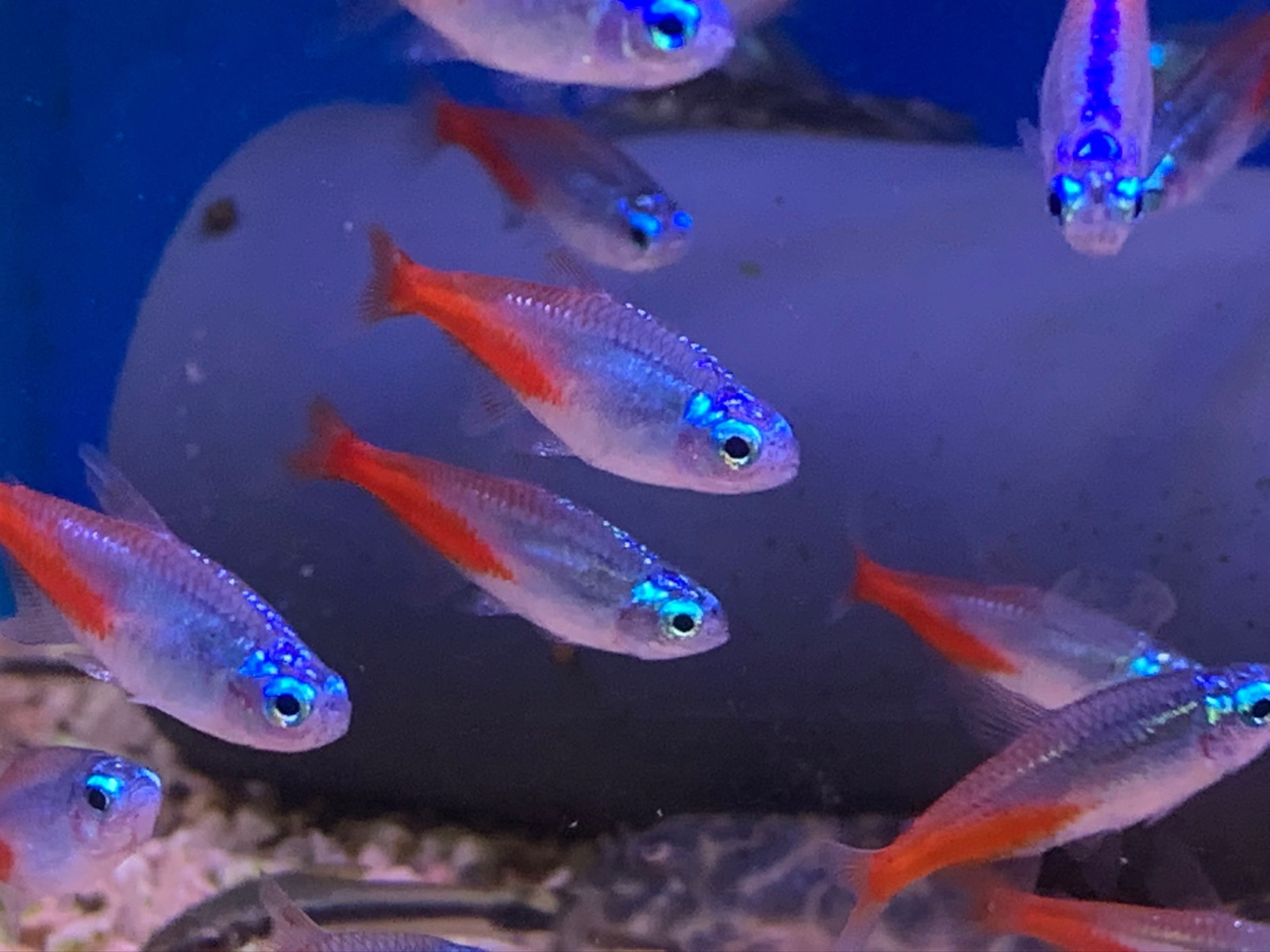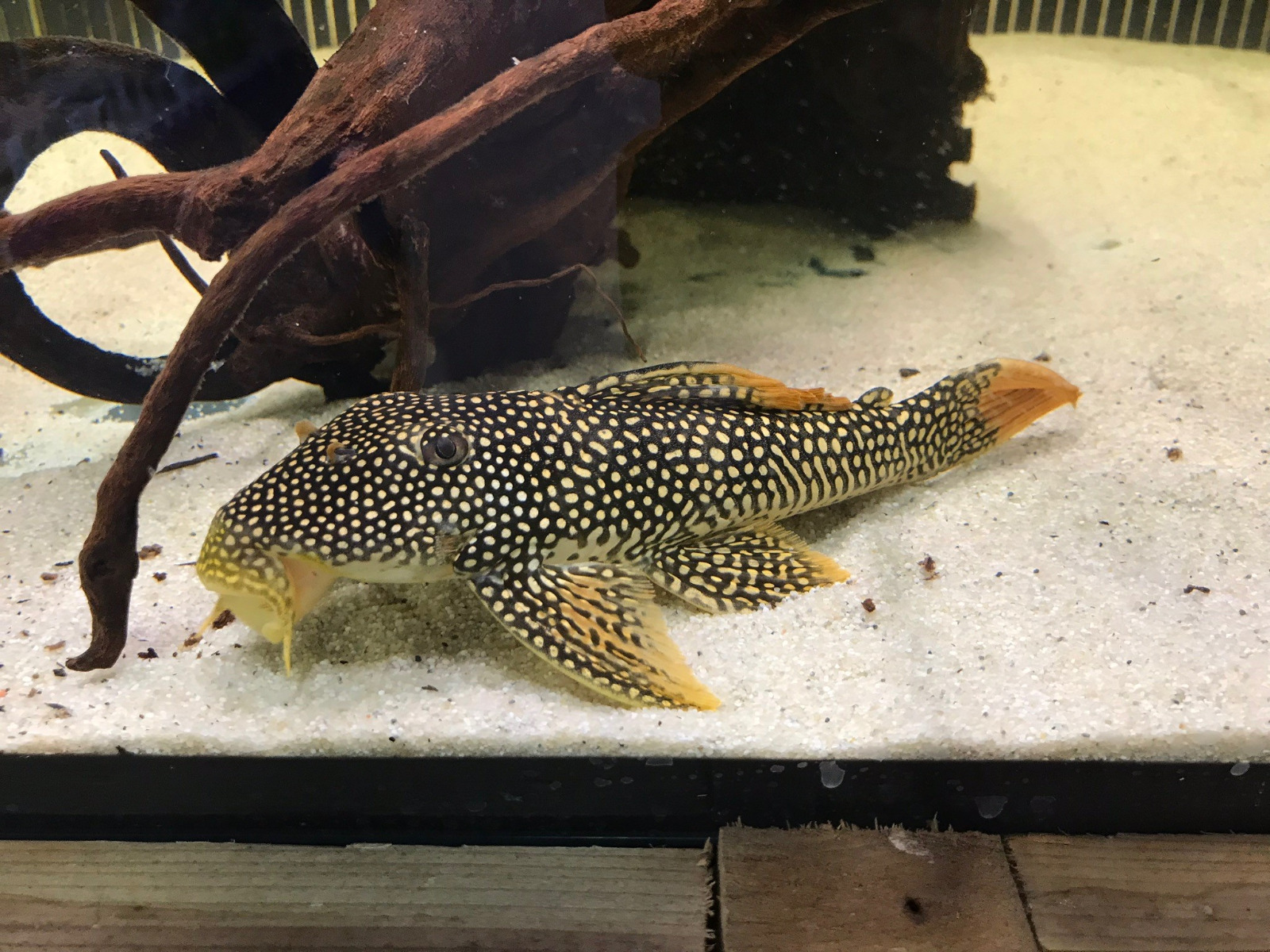What’s in store - the new normal
After weeks of lockdown and disruption on a global scale, it’s to be expected that an activity such as importing tropical fish is going to be a bit disrupted. With things starting to return to a ‘new normal’ what can we expect?

Firstly, it would be wrong of me not to praise the efforts of our own key workers, those who have kept the fish healthy while protecting their friends and family from infection. Unlike most retail outlets we can’t just lock the doors and return to do the dusting prior to reopening - we have livestock which depends on dedicated staff to ensure feeding, maintenance and medication where needed. With a reduced workforce, those who remained have laboured long hours to ensure the fishes in our systems continued to thrive.
It’s a testimony to this care that my first visit to one of our stores post lockdown was as familiar as it was. I was struck by how much larger and more robust many of the fishes looked after weeks of growing on and it was interesting to see gaps where the most popular species such as neons and guppies had sold at a time when they couldn’t be easily restocked. For our busy stores, this is a rare situation that mirrors the situation seen in some of the more quiet locations - fish arrive, settle in and then grow, thriving under a schedule of multiple feeds and daily partial water changes. All this means that many stores hold bargains in their tanks, where fish have increased in size to an extent where they’ve outgrown their usual prices.

As we’ve seen, air travel has been hugely affected. For us this means that our normally slick supply lines are rather more chaotic and freight space is harder to find. ‘What’s that got to do with the price of fish?’ I hear you ask; well, we’ve seen a rise in prices which means new stock is coming in at a premium and this is, unfortunately, affecting the most popular species first. Hopefully, this is a temporary situation but it will be noticeable in many stores that fishes that we’ve held for months will have become better value than those that are trickling in at the moment. If you’ve been eyeing up L numbers or considering cichlids, this is the time to buy them.

For marine keepers, this is a chance to get what’s probably the most settled stock you’re likely to see, acclimatised for weeks and feeding well on prepared foods.
For now, we’re in a world where masks are being worn to protect our staff and customers and social distancing is needed to help us return to normal as quickly as possible. It’s probably more important than ever to remember that we’re all in this together and the only thing worse than visiting a hot tropical fish shop in a mask is working all day in one. Good job fish are relaxing...


